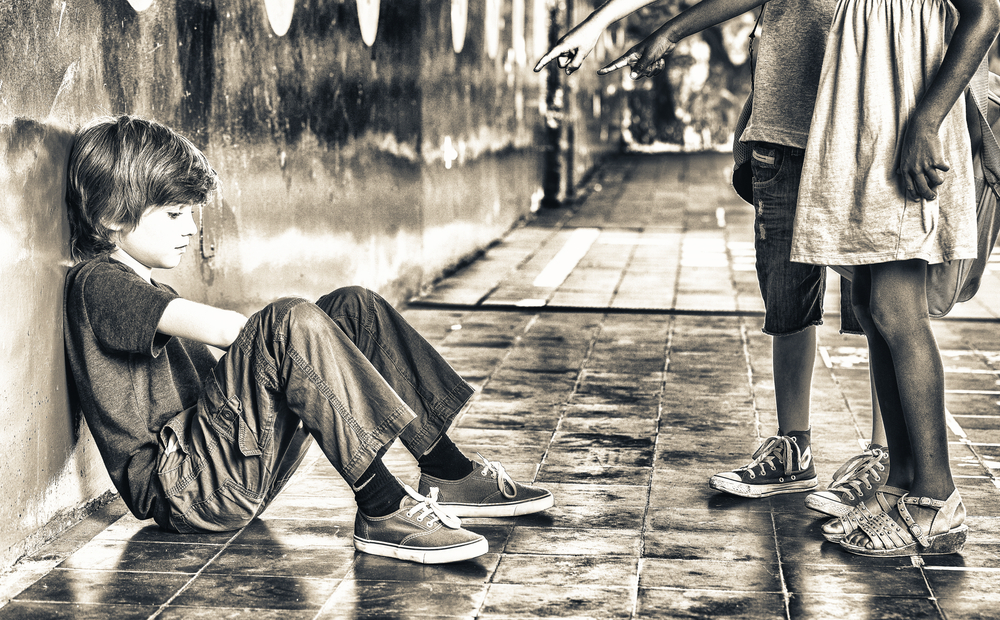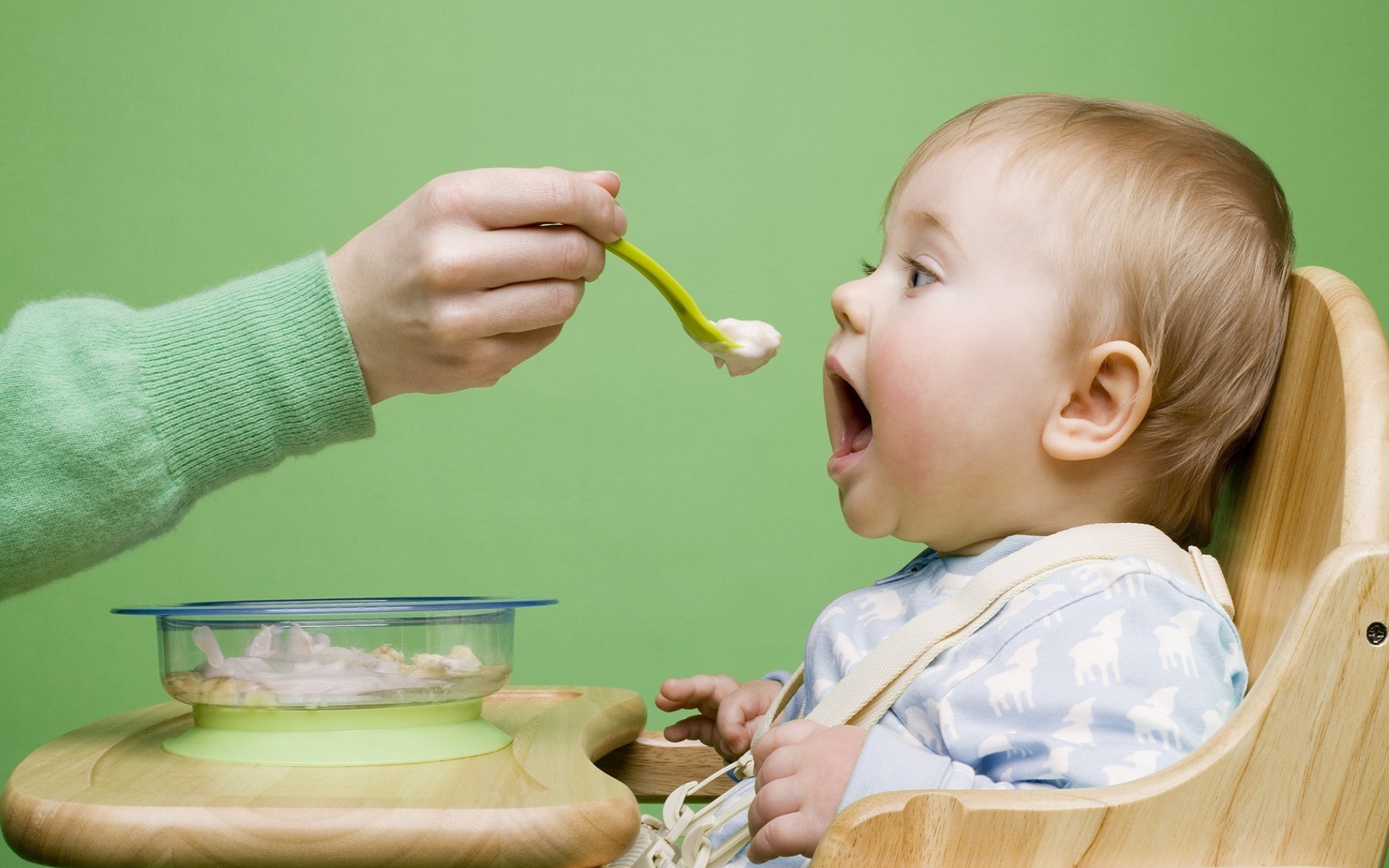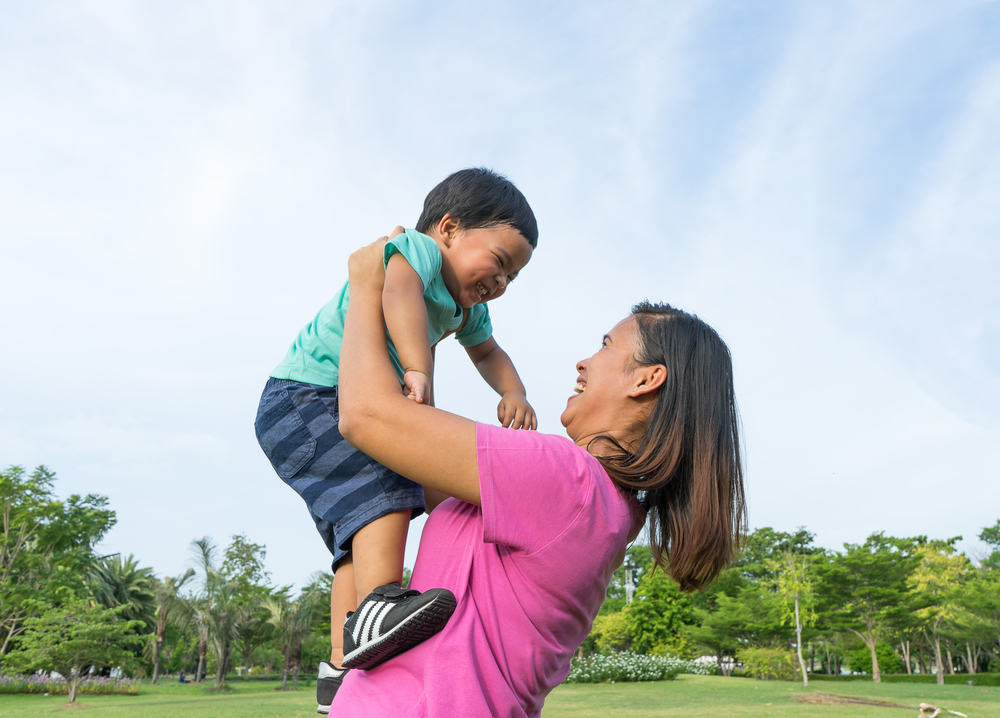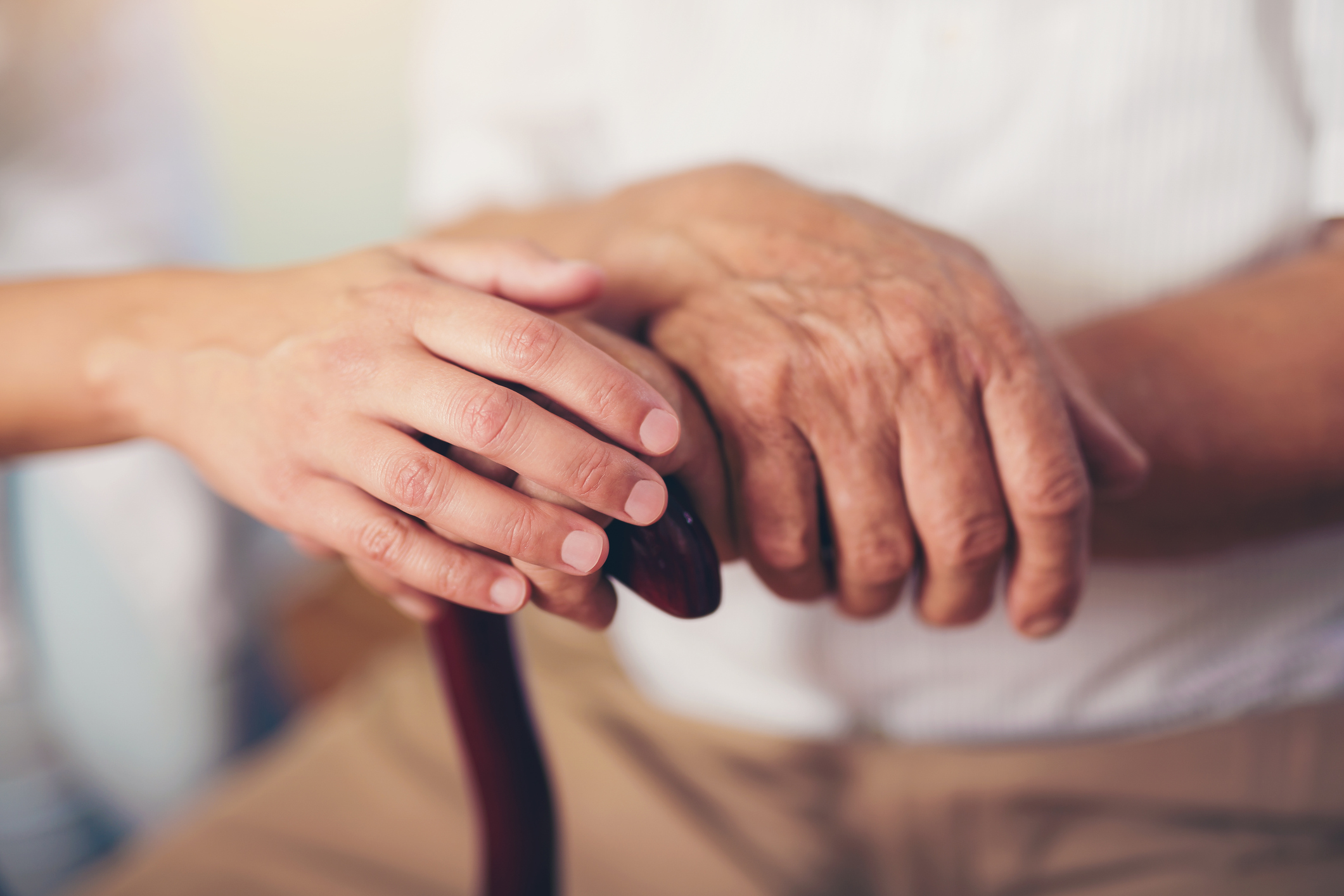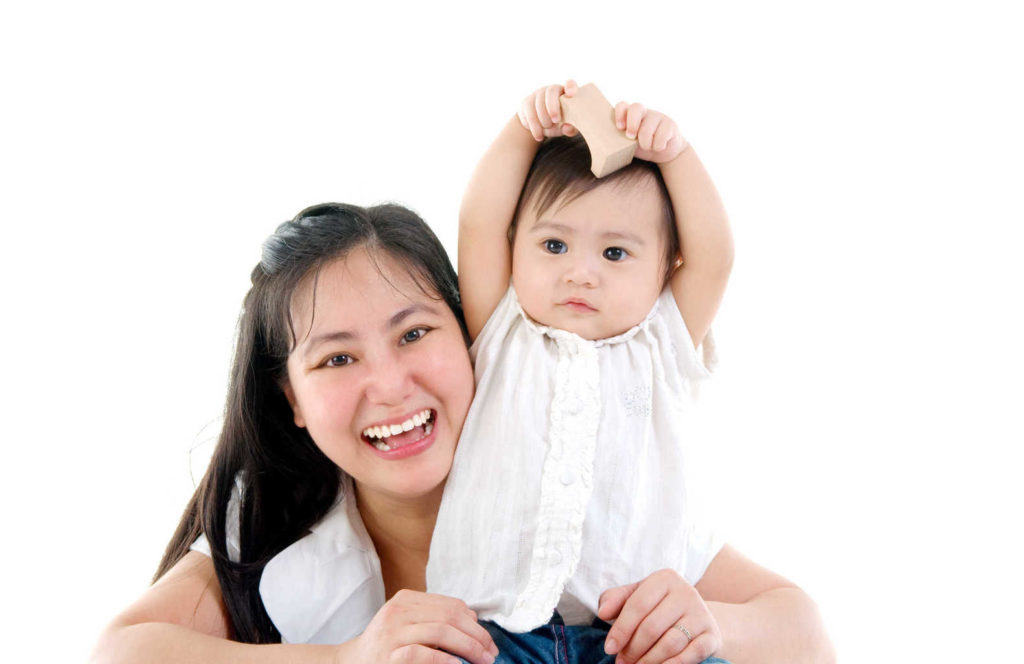Contents:
- Medical Video: Recognize the Signs of Bullying - St. Louis Children's Hospital
- Does bullying only occur at school?
- What are the signs if children become victims of bullying?
Medical Video: Recognize the Signs of Bullying - St. Louis Children's Hospital
Schools should be the second home for children to take refuge and get an education. But for most children, school has become one of the most frightening places in his life. According to a 2015 UNICEF report, 40 percent of Indonesian children experience bullying at school. While according to the ICRW report (International Center for Research on Women) also in the same year, almost 84% of children in Indonesia experienced acts of violence in schools that were rooted in bullying.
Sadly, this act of violence can occur without the knowledge of the teacher or other authorities at school. In many cases, child victimsbullyingeven do not dare to tell anyone about the conditions they experienced because they were threatened by the oppressor. As a result, the school had difficulty tracking these actions.
If the school cannot detect or not take action against the casebullying,it's your job as parents to see the signs of bullying that may be experienced by children in their school.
Does bullying only occur at school?
Not. Bullying can occur anywhere, starting from classrooms, toilets, canteens, courtyards, gates, even outside the school fence. Bullying can also occur when children use public transportation or even through interaction on social media, aka cyberbullying. Bullying in schools can be carried out by fellow friends, seniors, or even individual educators.It is also possible for bullying to occur in the family environment and friendship at home.
Bullying itself can be in the form of physical contact, such as hitting, pushing, grabbing, picking up items, kicking, locking children in the room, threatening to bully pocket money. On the other hand, bullying can also be in the form of verbal violence, such as mocking, cursing, giving nicknames that are vilifying, ignoring, ostracizing, spreading gossip or slander, spreading indecent photos, manipulating friendships (victims are told this by reason of "friends "), To send terror or threats through short messages from cellphones or social media accounts. Bullying can also be a form of sexual abuse, by making derogatory comments or acts of real sexual violence.
What are the signs if children become victims of bullying?
Recognizing the early signs of a child being victimized by bullying allows parents to do help as quickly as possible. Because the impact of bullying in schools can permanently imprint the personality and physical health of children until they grow up later. Studies conducted in Europe, Asia, and the United States even reported that bully victims had a 2.5 times greater risk of suicide compared to children who had never experienced bullying at school.
As a parent, it's good for you recognize signs or symptoms that are usually indicated by bully victims, both directly and indirectly. Here are some warning signs to watch out for:
- Sleeplessness (insomnia)
- Difficulty concentrating in class or any activity
- Often makes excuses for skipping school (usually marked by starting to make symptoms of the disease, such as dizziness, abdominal pain, etc.).
- Suddenly distancing himself from previously liked activities, such as extracurricular football or playing after school
- Looks nervous, lethargic, gloomy, desperate constantly, loses self-confidence, easily anxious, closes from people around
- Often complains of losing goods or damaged goods. For example books, clothes, shoes, electronic goods, or accessories (watches, bracelets, etc.).
- Values in school decrease, are reluctant to do homework or other school assignments, don't want to go to school, and so on
- Bruises on the face, hands, back suddenly arise for no reason. Can also experience injuries in the teeth and other body parts. But the child may argue that he fell from the stairs or on the school.
But indeed there is no easy way to really know what your child is a victim of bullying at school. Many of the signs and symptoms shown by child victims of bullying are similar to typical teen behavior in general. There are also many signs and symptoms of bullying that are similar to mental health problems that already exist, for example depression or anxiety disorders. Bullying itself can also trigger these two mental illnesses.
It is important to pay attention if there are some of the above signs and symptoms that occur at the same time, if they occur suddenly, and if the behavior is classified as extreme. This may be the time for you to step in and report your suspicions to the authorities at school.
We need to abandon the perception that bullying is not dangerous and becomes a natural part of the child's growth process. Intimidation and ill-treatment must be considered as another form of toxic stress whose effects have great potential on one's mental and physical health.
How to ask the child whether he is a victim of bullying at school
If you suspect a change in attitudes and behavior related to the symptoms of bullying victims as above, do not be afraid to come directly and ask gently but surely to your teenager, such as "What's the problem, kid at school?" Or "You've been disturbed with friends at school? " You as a parent must be more active to lure children to confide because there are many victims of bullying who hide their suffering at school from their parents.
Although no parent wants to hear "yes" for questions like this, it's good to prepare for it. Decide at the beginning, how you will respond to the "yes" answer. Make sure you convince your child that you will take care of him, and you only want the best for his life.
Of course not all teens will automatically acknowledge the persecution he received at school, and "no" can also mean your child needs help with certain mental health problems. That's why experts strongly recommend that you consider getting a professional assessment of your child's condition with a pediatrician or psychologist to find out what really happened.
In the case of children who are victims of bullying, don't be afraid to err for alertness. Working with professional people to help your teenager is the best way to ensure he has a healthy future.
If you suspect that your child or family member is experiencing bullying, report it to number 021-57903020 or 5703303, the KEMENDIKBUD Complaints Bullying hotline on 0811-976-929, by e-mail to [email protected], or access the school website. kemdikbud.go.id

